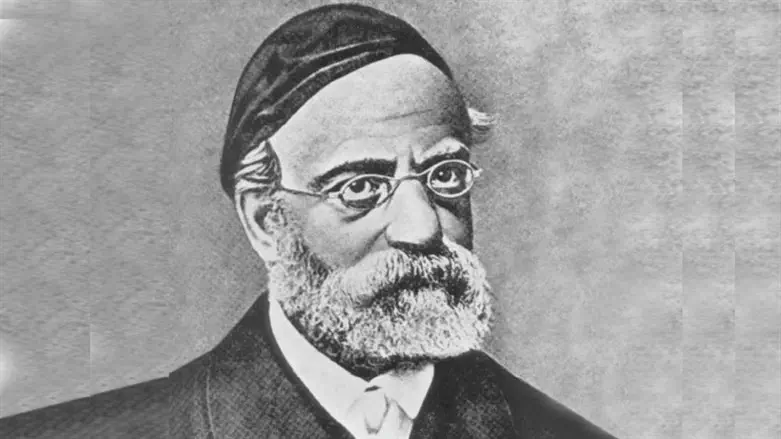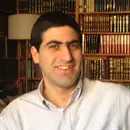
At the end of this week’s parshah, Moshe Rabbeinu passes away at the edge of the Land of Israel. Moshe – the faithful shepherd of Israel – is denied the opportunity to lead his flock into the Holy Land. What’s the moral of this story?
One is simply that no one – not even Moshe Rabbeinu – is “indispensable to” the divine mission, writes Rav Samson Raphael Hirsch. We all have a role to play in G-d’s plan, and once we faithfully play that role, we exit the stage.
According to Rav Hirsch, Moshe’s role was to perform miracles to inculcate certain ideas into the minds of the newly-formed Jewish people. The Jewish people’s training period, however, ended at the border of Israel. Once they entered the land, they no longer survived on open miracles (the splitting of the sea, the manna, bitter waters turning sweet, etc.). In the Land of Israel, the Jews were to live on Moshe’s “word” (i.e., the Torah he taught them), not his “staff” (i.e., the miracles he performed for them).
Indeed, Moshe was supposed to convey this very message at the waters of Merivah, but he unfortunately failed to do so, hitting the rock with his staff instead of speaking to it with his mouth. And so, Hashem decreed that he pass away at the border of Israel, thereby emphasizing this message.
Moshe’s passing seems tragic, but it need not be seen that way. We all descend to this world to fulfill a certain mission. When that mission has been accomplished, we move on and make room for the next actors in the divine master plan. Moshe fulfilled the mission G-d gave him. What greater ending to one’s life can there be?
Rav Samson Raphael Hirsch(1808-1888) – head of the Jewish community in Frankfurt, Germany for over 35 years – was a prolific writer whose ideas, passion, and brilliance helped save German Jewry from the onslaught of modernity.
Elliot Resnick, PhD, is the host of “The Elliot Resnick Show” and the editor of an upcoming work on etymological explanations in Rav Samson Raphael Hirsch’s commentary on Chumash.
